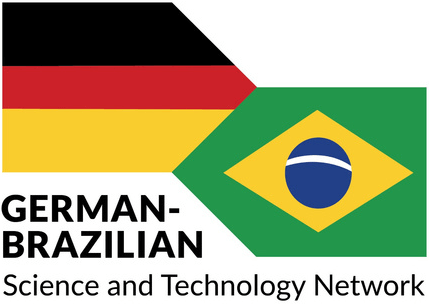Objectives
GERBRAS-SCIENCENET is a forum for cooperation between Brazilian and German higher education and research organisations interested in the development of joint initiatives in science and technology, with a particular focus on sustainability. Consistent with the priorities for German-Brazilian cooperation, and the goals of the 2030 Agenda for Sustainable Development, the aims of GERBRAS-SCIENCENET are as follows:
I. To establish a platform for universities and research institutions in Brazil and Germany to jointly plan and implement S&T research projects, in particular those related to sustainable development and the implementation of the UN Sustainable Development Goals (SDGs);
II. To mobilise universities working with sustainable development in both countries to plan and implement joint initiatives, also with companies, and specialized publications that show how sustainability science and research can help to achieve the SDGs;
III. To contribute to the education of the next generation of scientists by means of joint doctoral programmes in sustainability sciences.
A further aim of GERBRAS-SCIENCENET is to link German and Brazilian scientists, to strengthen interdisciplinary research on sustainability issues, and also pave the way for doctoral, post-doctoral studies and fellowships across its German and Brazilian members.
Thematic Focus
The work of GERBRAS-SCIENCENET focuses on S&T for sustainable development. Science and technology are fundamental engines to economic development, and the intelligent management and use of natural resources and environmental stewardship, provide a concrete contribution to a sustainable development, to which German and Brazil are committed to. The list of topics to be covered by GERBRAS-SCIENCENET includes but is not limited to:
- innovative and sustainable use of resources (extraction of raw materials)
- development, production, use and recycling of products
- environmental protection, environmental technologies
- life sciences and bioeconomics
- marine research
- urbanization
- adaptation to climate change and mitigation
- promoting renewable energy and energy efficiency
- sustainable agriculture
- conservation of biodiversity
- conservation and sustainable use of tropical forests
- management of protected and indigenous areas
- decarbonization
